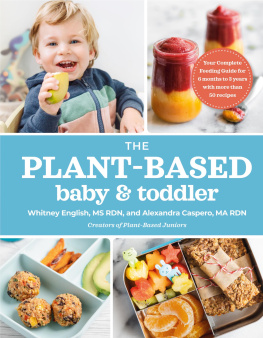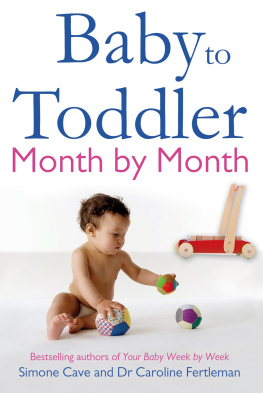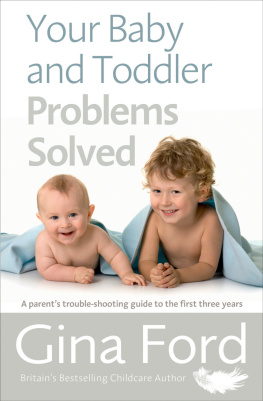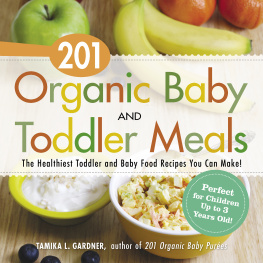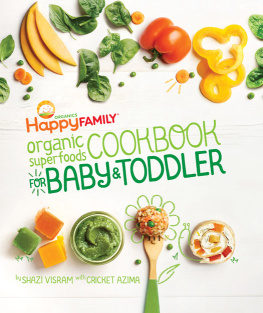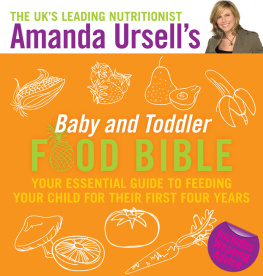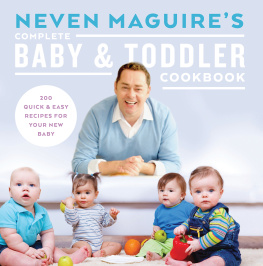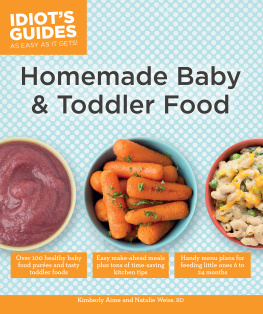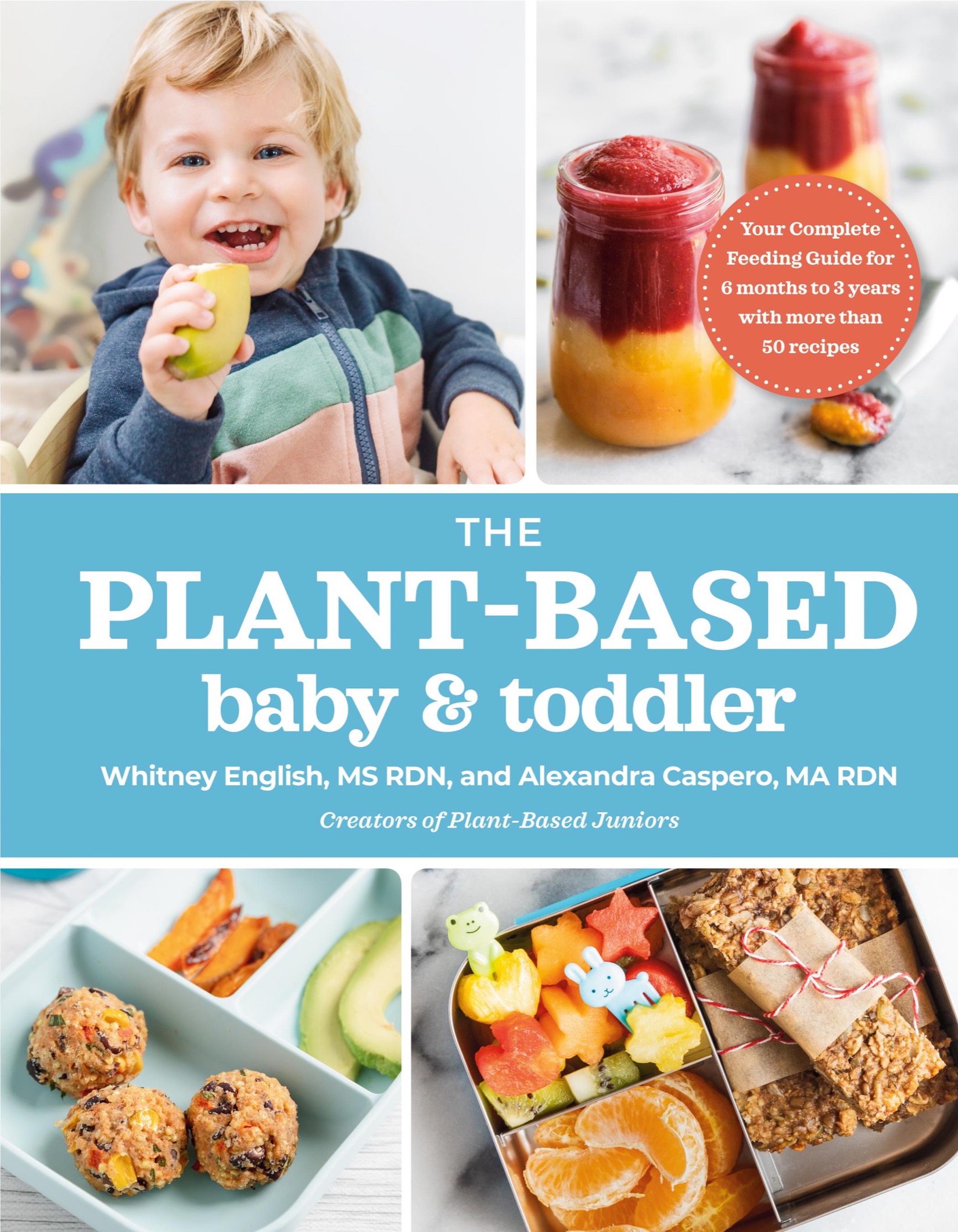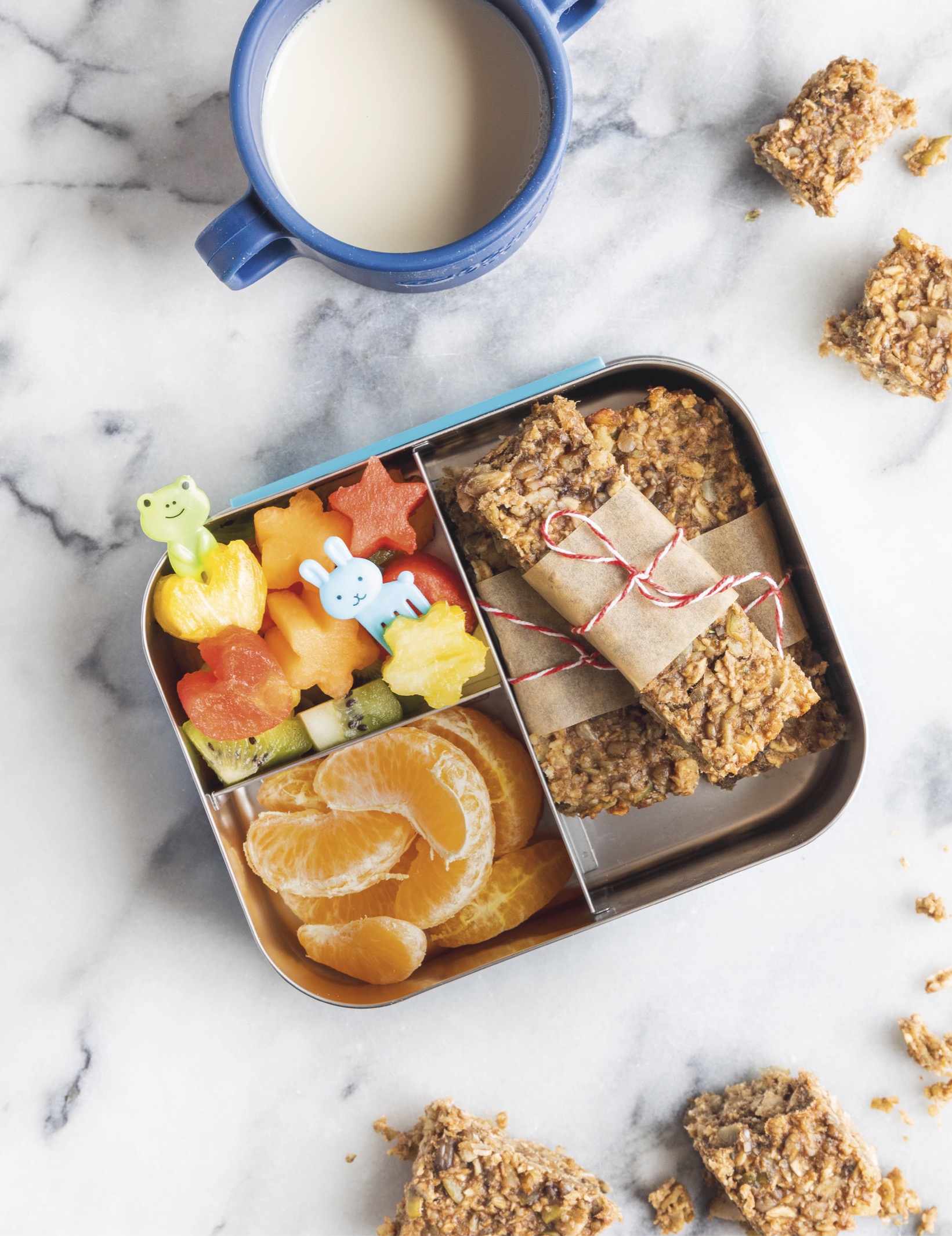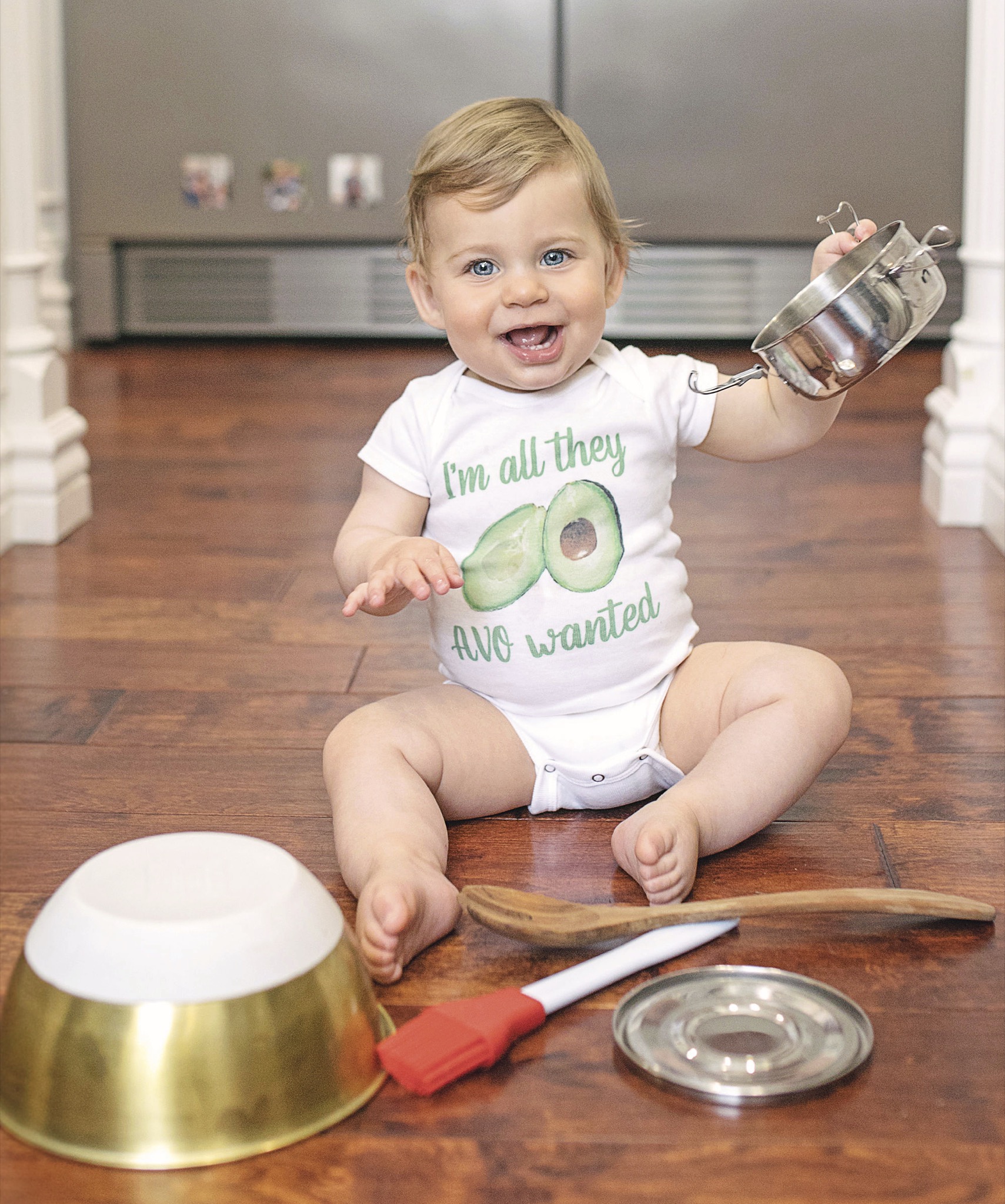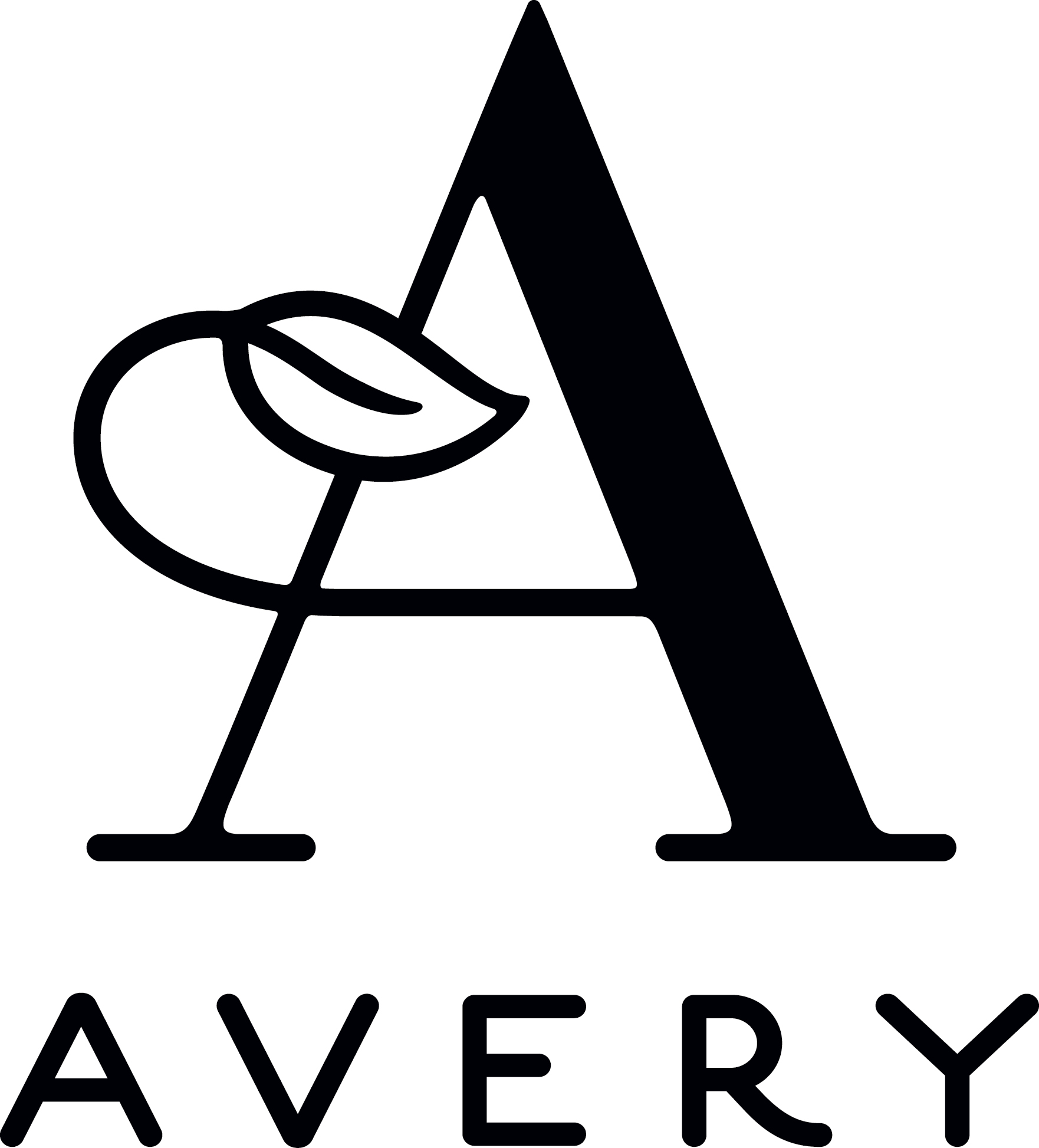
An imprint of Penguin Random House LLC
penguinrandomhouse.com
Copyright 2021 by Alexandra Caspero, MA, RDN, and Whitney English, MS, RDN
Penguin supports copyright. Copyright fuels creativity, encourages diverse voices, promotes free speech, and creates a vibrant culture. Thank you for buying an authorized edition of this book and for complying with copyright laws by not reproducing, scanning, or distributing any part of it in any form without permission. You are supporting writers and allowing Penguin to continue to publish books for every reader.
Library of Congress Cataloging-in-Publication Data
Names: Caspero, Alexandra, author. | English, Whitney, author.
Title: The plant-based baby and toddler: your complete feeding guide for 6 months3 years with more than 50 recipes / by Alexandra Caspero, MA, RDN and Whitney English, MS, RDN.
Description: New York: Avery, [2021] | Includes index.
Identifiers: LCCN 2020030485 (print) | LCCN 2020030486 (ebook) | ISBN 9780593192115 (paperback) | ISBN 9780593192122 (ebook)
Subjects: LCSH: InfantsNutrition. | ToddlersNutrition. | Baby foodsNutrition. | LCGFT: Cookbooks.
Classification: LCC RJ216 .C343 2021 (print) | LCC RJ216 (ebook) | DDC 641.5/6222dc23
LC record available at https://lccn.loc.gov/2020030485
LC ebook record available at https://lccn.loc.gov/2020030486
Book design by Laura K. Corles, adapted for ebook by Michelle Quintero
Graphics Elle Om and Darrick Hays
Lifestyle photos Lani Ohye and Whitney English
Food photos Alexandra Caspero
pid_prh_5.7.0_c0_r0
To Vander, Caleb, Emery, and Ella.
Getting to be your moms is the greatest honor of our lives.
We love you so much.
Plant-Based Nutrition for Plant-Based Babies and Toddlers
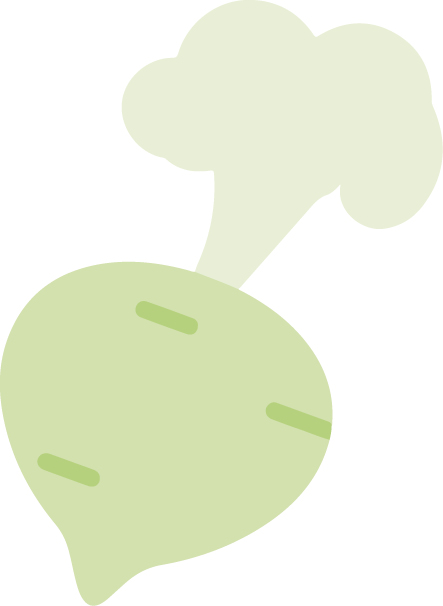
Your sons iron is low, our pediatrician informed my husband and me at our sons 8-month checkup. He had done an early iron screening at my request despite the standard protocol to wait until a babys first birthday. My son had a few risk factors for iron deficiency (exclusive breastfeeding, rapid early growth, no delayed cord clamping), and the ever-vigilant dietitian in me knew that if anything was awry, I wanted to catch it early on. After all, iron deficiency in childhood can lead to long-term developmental problems.
Wow, thats really upsetting to hear, I responded, shocked. I guess I should have given him iron drops when he was younger.
No, thats only necessary for some babiespremature, low birth weight, that sort of thing, he rattled back.
Wrong. The American Academy of Pediatrics (AAP) recommends iron supplementation for all exclusively breastfed babies from 4 to 6 months, regardless of risk factors.
You should get your iron levels checked too, he continued. Youre probably anemic, since babies get iron from breast milk.
Wrong again. Breast milk is extremely low in iron (hence the AAP recommendation), and iron levels in breast milk are not reflective of mothers iron status. Spoiler alert: I was not anemic.
Oh, and I know youre plant-based, he persisted with a not-so-subtle eye roll, but do you think you could at least give him an egg every day? Theyre a good source of iron.
Wrong again. Eggs do contain 1 mg of iron each (babies 612 months need 11 mg per dayas youll learn shortly), but they also contain a protein known as phosvitin that inhibits iron absorption. One study found that only 3.7% of the iron found in an egg yolk gets absorbed. In addition, phosvitin can decrease the absorption of other iron-rich foods in a meal.
I left that doctors appointment feeling scared, frustrated, and ashamed for failing my son, even more so as a nutrition expert who should have been able to prevent this from happening. I questioned his plant-based diet and my feeding abilities, and I was determined to rectify the issue as quickly as possible and find out how wed gotten into this situation in the first place.
I scoured the literature and learned more about iron than any person, nutrition expert or otherwise, would ever care to know. I learned that it would have been very easy to prevent this issue had I been armed with complete, accurate information to begin withnamely the AAP recommendation.
But there was no comprehensive guide to feeding infants, much less plant-based infants, and this information wasnt common knowledge. I hadnt read it in my baby books, heard about it from other parents or dietitians Id talked to, or been alerted to it by my own pediatrician.
Time and again we have heard from our clients, or experienced firsthand, that the nutrition information provided by pediatricians is inaccurate, especially when it comes to plant-based diets. The average doctor takes just one nutrition course during their entire medical training. ONE. This means that practitioners often turn to the same unreliable sources for guidance as a laypersonthe media, the internet, or outdated practice guidelines. Yet they are often the primary providers of nutrition advice.
As youll see in the following section, there is a lot to learn about proper plant-based nutritionbut we break it down for you in an easy-to-digest fashion so that you can feel confident youre covering all of your bases. In this section, youll find a thorough explanation of each of the essential nutrients your baby needs to thrive. We know being a new parent can be overwhelming, so if you dont have the time (or desire) to learn the nuances, feel free to skip to the bottom of each section and read the PBJ Bottom Line to get the fast facts on feeding. Dont worry about memorizing it; well bring it together with easy meal-planning strategies in Chapter 2.
We encourage you to flip to the back of the book and grab the Create Your Own Supplement Regimen handout so you can fill in the blanks with the nutrients youll need to supplement at each age/stage to meet your babys unique needs.
Calories
Most healthy babies will double their weight in the first 6 months and triple it in the first 12. This rapid growth requires a lot of energy, aka calories. The proportion of calories per pound of body weight that a baby needs is higher during infancy than any other point in life. Energy needs decrease as growth slows after the first year. For example, the average 1-year-old needs about 900 calories per day while a 2-to-3-year-old needs about 1000thats only a difference of 100 calories despite several pounds difference in weight.

